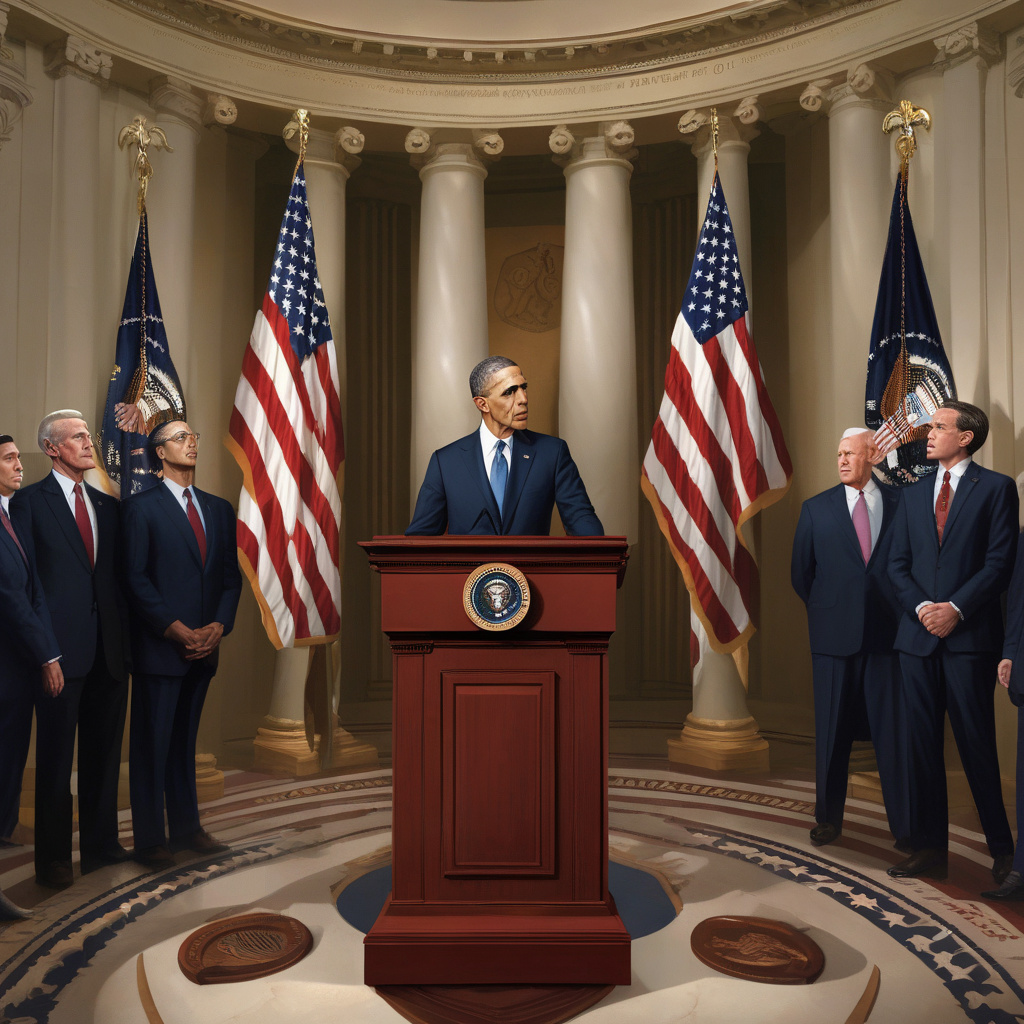US Treasury Secretary Claims Walmart Will ‘Eat Some of the Tariffs’ in Response to Trump’s Demands
In a recent turn of events surrounding the ongoing trade war between the United States and China, the US Treasury Secretary made a bold claim regarding retail giant Walmart. Steven Mnuchin stated that Walmart’s CEO had given him assurance that the company would take on some of the financial burden of the tariffs imposed on Chinese imports, effectively contradicting Walmart’s previous stance on the matter.
The statement comes in the wake of President Trump’s demands for American companies to seek alternatives to Chinese manufacturing and to take on a more significant role in bearing the costs of tariffs. Mnuchin’s assertion that Walmart would “eat some of the tariffs” stands in stark contrast to the retailer’s earlier announcement that prices would have to be raised due to the increased costs resulting from the tariffs.
This development raises several questions about the dynamics between the US government, large corporations, and the impact of tariffs on the economy. It also sheds light on the complexity of the situation faced by businesses operating in the current global trade environment.
Walmart, as one of the largest retailers in the world, plays a crucial role in the US economy. The company’s operations span across various sectors, making it a significant player in the ongoing trade negotiations. The assurance given by Walmart’s CEO to Mnuchin indicates a willingness to cooperate with the government’s directives, at least on the surface.
However, the discrepancy between Mnuchin’s claim and Walmart’s earlier statement underscores the challenges faced by companies in navigating the uncertainties brought about by trade policies. The shifting landscape of tariffs and trade agreements can have far-reaching consequences on businesses of all sizes, forcing them to adapt quickly to changing circumstances.
Moreover, the issue raises concerns about the potential impact on consumers. If Walmart indeed decides to absorb some of the tariffs instead of passing on the costs to customers through price hikes, it could alleviate some of the financial burden on the average American. However, the long-term implications of such a strategy remain to be seen.
The situation also highlights the broader debate surrounding the effectiveness of tariffs as a tool in trade negotiations. While the Trump administration has employed tariffs as a means to address trade imbalances and protect American industries, the repercussions of these policies are complex and multifaceted. Companies like Walmart are forced to navigate a delicate balance between complying with government directives and safeguarding their bottom line.
In conclusion, the claim made by the US Treasury Secretary regarding Walmart’s willingness to “eat some of the tariffs” adds a new dimension to the ongoing trade tensions between the US and China. The evolving nature of the situation underscores the need for businesses to remain agile and adaptable in the face of uncertainty. As the trade war continues to unfold, the role of companies like Walmart in shaping the economic landscape will undoubtedly be closely watched.
US, Treasury Secretary, Walmart, Tariffs, Trade War












